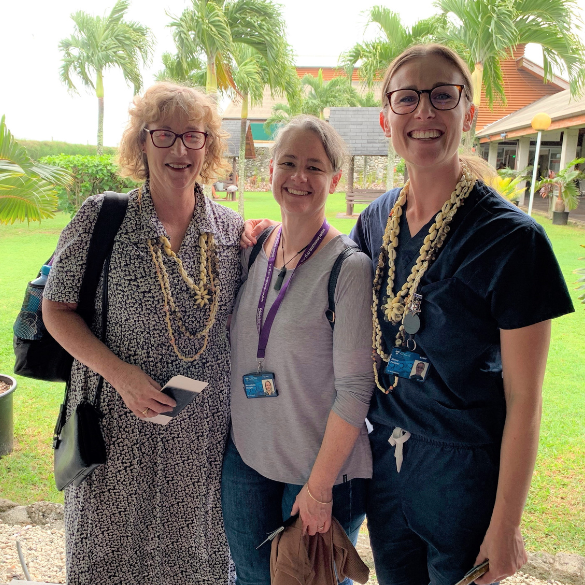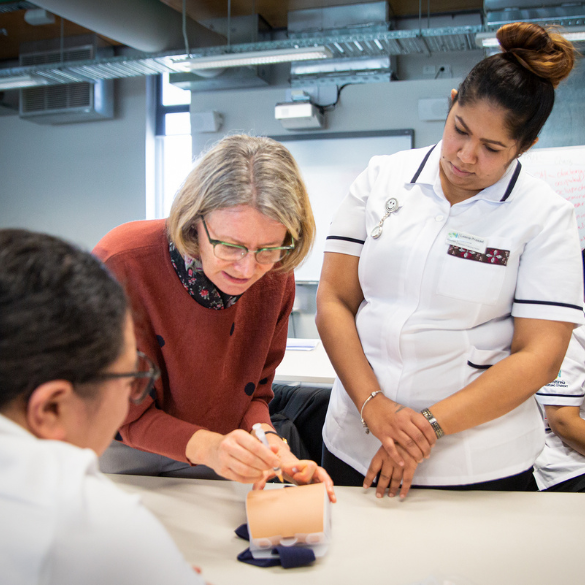In the year and a half or so since the first people in China were sickened by an illness later named Covid-19, the world has changed dramatically. Now, however, some countries are beginning to return to something approaching normal.
American grandparents are hugging their grandchildren again. People in the UK are dining in restaurants again. The easing of restrictions in these countries has been achieved largely through vaccination.
Though life in New Zealand may feel relatively normal under Level One, its borders remain tightly controlled. To ease border restrictions, New Zealand too must undertake the mammoth task of vaccinating most of its population.
The Immunisation Advisory Centre (IMAC), a UniServices business unit, is playing a part in New Zealand’s vaccination roll-out as well as that of the Pacific Islands.
To support New Zealand’s largest-ever vaccination campaign, it is heavily involved in training the large workforce required.

